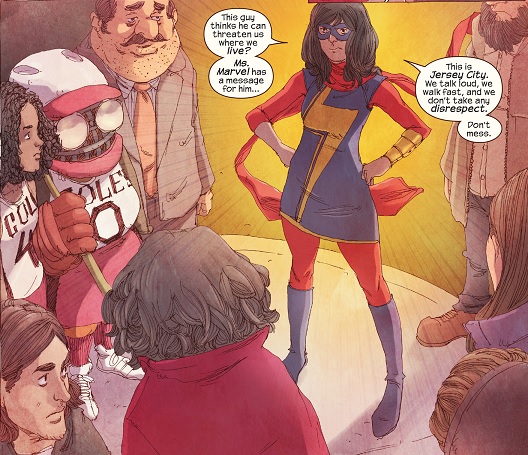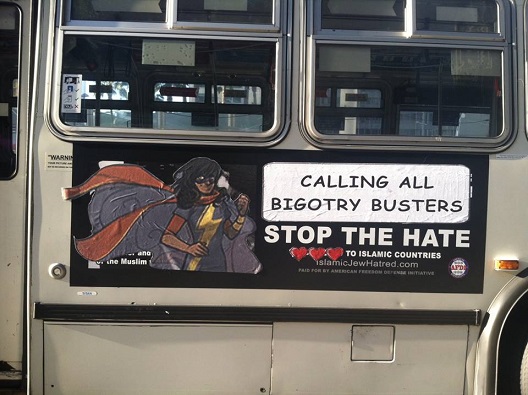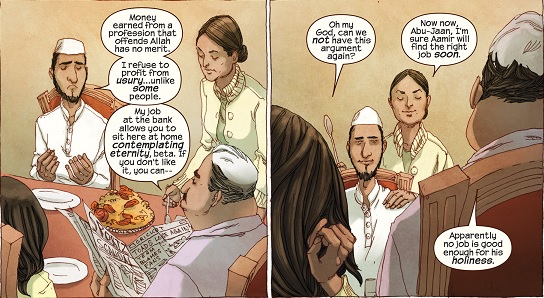This really is a disgusting accusation from Brad Torgersen:
Mr. Sandifer, if you truly believe that a book like ANCILLARY JUSTICE or a story like “The Water That Falls On You From Nowhere” did not benefit from a tremendous groundswell of affirmative-action-mindedness, you’re not paying attention. Please phone me when you’re interesting in discussing diversity beyond a skin-deep level. Quote Larry Niven: there are minds which think as well as yours, just differently.
Especially when you remember the drek Torgersen democratically choose for his supporters to put on the Sad Puppy slate. Which turned out to mainly function as cover for the Rabid Puppy slate run by a serial failure to promote his buddy John C. Wright and his new vanity press.
But it’s a good example of the sort of rightwing projection the Pups are prone too and all too familiar for anybody who was around for the heyday of warblogging –remember that– or the 2008-now freakout after a black man got elected president. I’m not sure at this point if this is done deliberately, or whether it’s completely subconscious on Torgersen’s part to accuse his enemies of behaving like, well, himself. It’s coupled to that other rightwing trait of just refusing to believe people can like other things than you, in its purest form best seen whenever proper football (ie soccer) is making inroads in America again as some pundit pops a gear and start sputtering that surely nobody truly American can enjoy this and it’s all a liberal plot to undermine the moral fabric of the country?
Speaking of projection, here’s Sarah Hoyt showing some rare self knowledge:
We’ve seen the same effect over and over again with people who comment on blogs (clears throat) both cultural and political, and even historical and that, no matter how often they’re proven wrong, keep coming back and stating the same thing they said in different words, as though that would make it true. They seem incapable of processing challenges, doubts, or even factual disproof of their charges.
Or wait, my bad, she actually meant people like the commenters at File 770. Because after all it was they who put forward ridiculous conspiracy theories about why their favourite sf writers didn’t win Hugos, engaged in an organised ballot stuffing campaign, invent their own jargon of “glittery hoohas” (completely misused), Social Justice Warriors and “whole word readers” to sneer at anybody asking questions or noticing inconsistencies and seem incapable of evaluating any sort of science fiction in any way other than as political propaganda, right?


